Putin, Erdogan warn over escalating al-Quds tensions
Turkish President Recep Tayyip Erdogan has said that a deal to purchase Russian S-400 air defense systems will be finalized by the end of the week.
Erdogan made the remark following a meeting with Russian President Vladimir Putin in Ankara on Monday.
S-400, whose full name is the Triumf Mobile Multiple Anti-Aircraft Missile System (AAMS), is an advanced Russian missile system designed to detect, track, and destroy planes, drones, or missiles as far as 402 kilometers away. It has previously been sold only to China and India.
Under the deal, Russia will send two S-400 systems to Turkey within the next year and then help the country domestically produce two more batteries. The deal is said to be worth around $2.5 billion.

Putin noted that Turkish and Russian officials will be meeting shortly to complete the deal, and that "perspectives for wider military and technical cooperation" were also discussed during his meeting with Erdogan.
Read More:
- Turkey, Russia ink deal for two S-400 air missile defense systems
- Ankara had talks with Moscow on Russia’s S-500 missile system: Erdogan
- Turkey may find other partners if Russia reluctant to share S-400 technology: Cavusoglu
Turkey, being a NATO member state with the second-largest army in the military alliance, drew an outpouring of criticism from the US and other members of the bloc, which criticized Ankara for drifting toward Moscow.
Putin, Erdogan warn over escalating al-Quds tensions
Putin and Erdogan also warned that the US recognition of Jerusalem al-Quds as the capital of Israel will escalate tensions in the volatile region.
US President Donald Trump on Wednesday defied global warnings and said Washington formally recognized Jerusalem al-Quds as the “capital” of Israel and would begin the process of moving its embassy to the occupied city, breaking with decades of American policy.

"Both Russia and Turkey believe that the decision... does not help regulating the situation in the Middle East but instead destabilizes the already complicated atmosphere," said Putin after his meeting with the Turkish President. "It can derail the Israel-Palestine peace process," he added.
Erdogan also noted that he and Putin had a similar approach on the issue and accused Israel of continuing to "add fuel to the flames."
"Israel is using this as an opportunity to further increase the pressure and violence against Palestinians," he noted.
Read More:
- Clashes break out between Israeli forces, anti-Trump Palestinians in West Bank
- US partner in bloodshed with al-Quds decision, Erdogan says
- Thousands protest in Lebanon's Beirut against US president's Jerusalem move
The entire Jerusalem al-Quds is currently under Israel’s control, while the regime also claims the city’s eastern part, which hosts al-Aqsa Mosque, the third holiest Muslim site.
The city has been designated as “occupied” under international law since the 1967 Arab War. Palestinians want the city as the capital of their future state.
Trump had vowed during his presidential campaign that he would relocate the US embassy in order to court pro-Israel voters.
Palestinians have repeatedly warned Trump against such an action, saying it would deliver a death blow to any prospects of the resolution of the Palestinian-Israeli conflict and fuel extremism in the region.
VIDEO | IAEA anti-Iran resolution
Iran urges pope to help end Israeli onslaught in Gaza
VIDEO | ICC's warrant against Netanyahu
VIDEO | Dispute over 'self-defense' clause
Israel destroys 8-story residential building in missile strike in Beirut
Nov. 22: ‘Axis of Resistance’ operations against Israeli occupation
VIDEO | Press TV's news headlines
VIDEO | US-Israeli genocide: Will Gazans see ceasefire deal achieved?


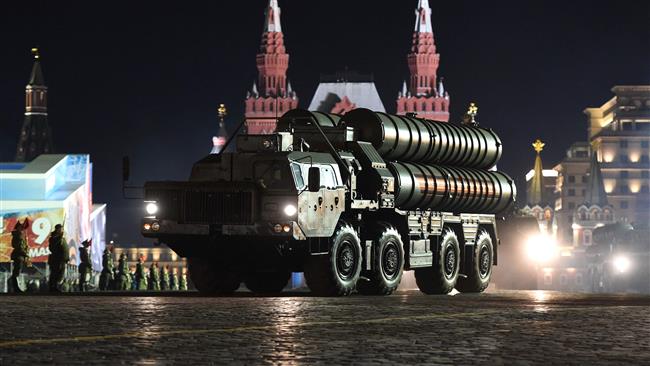

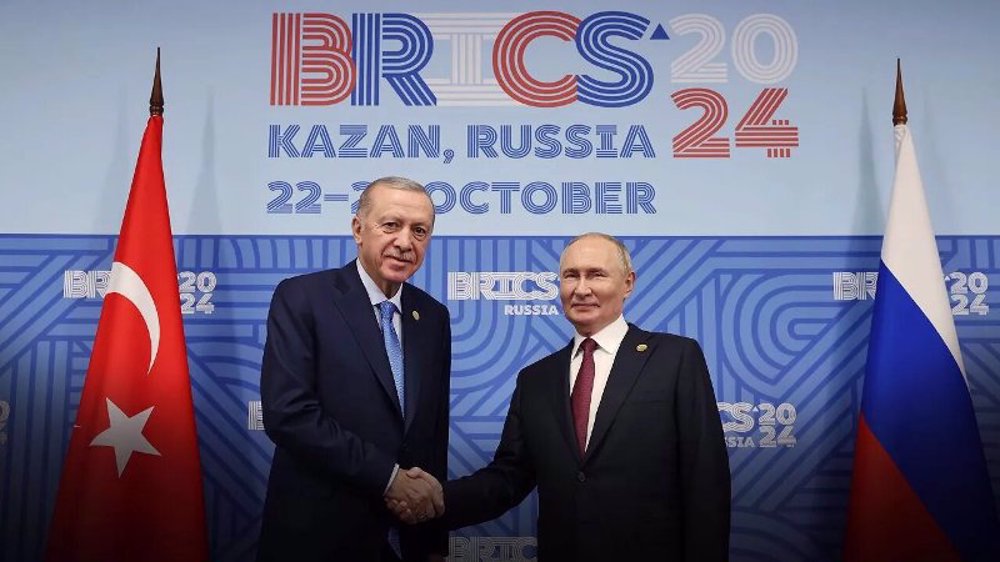
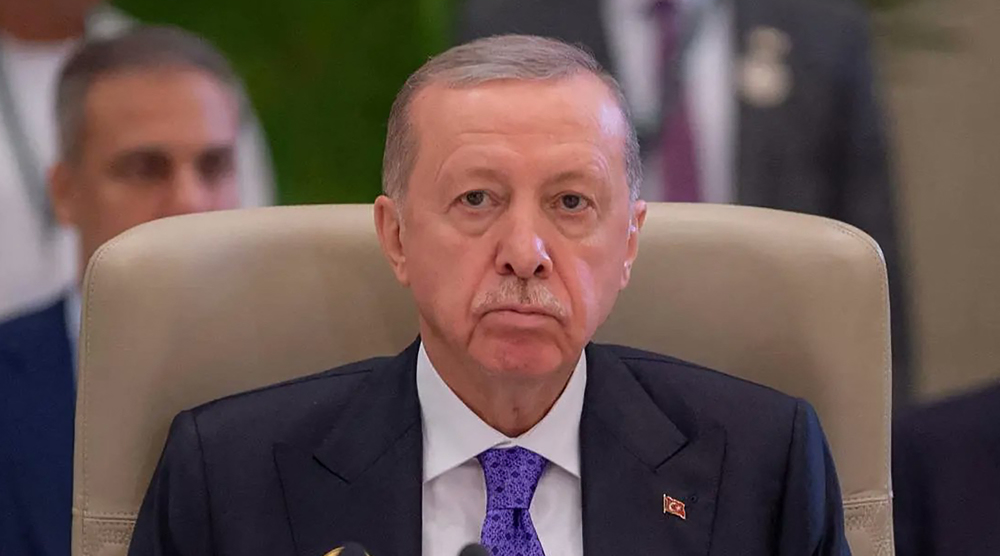



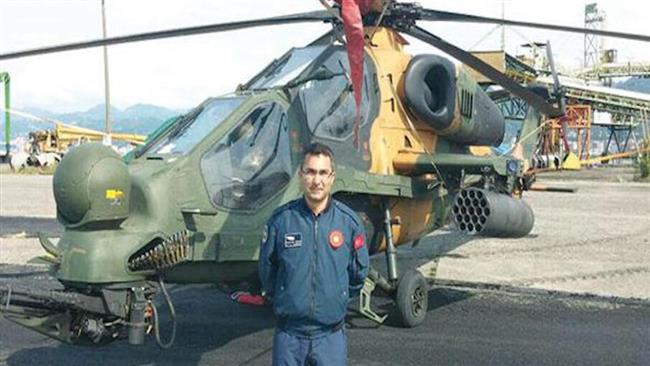
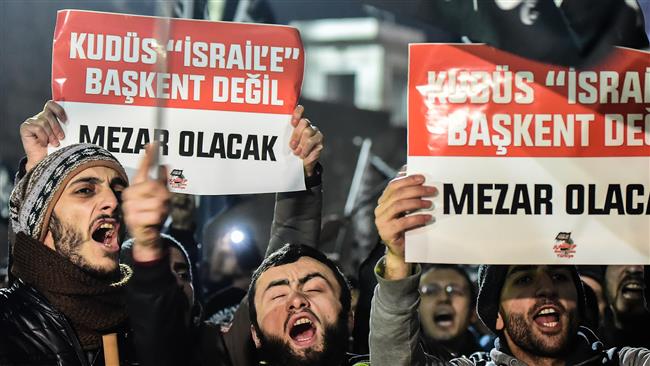
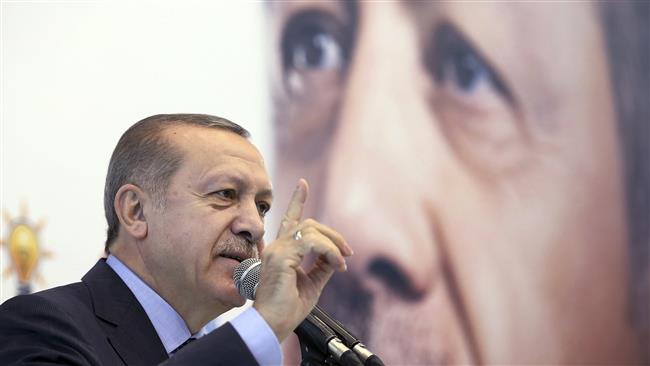

 This makes it easy to access the Press TV website
This makes it easy to access the Press TV website